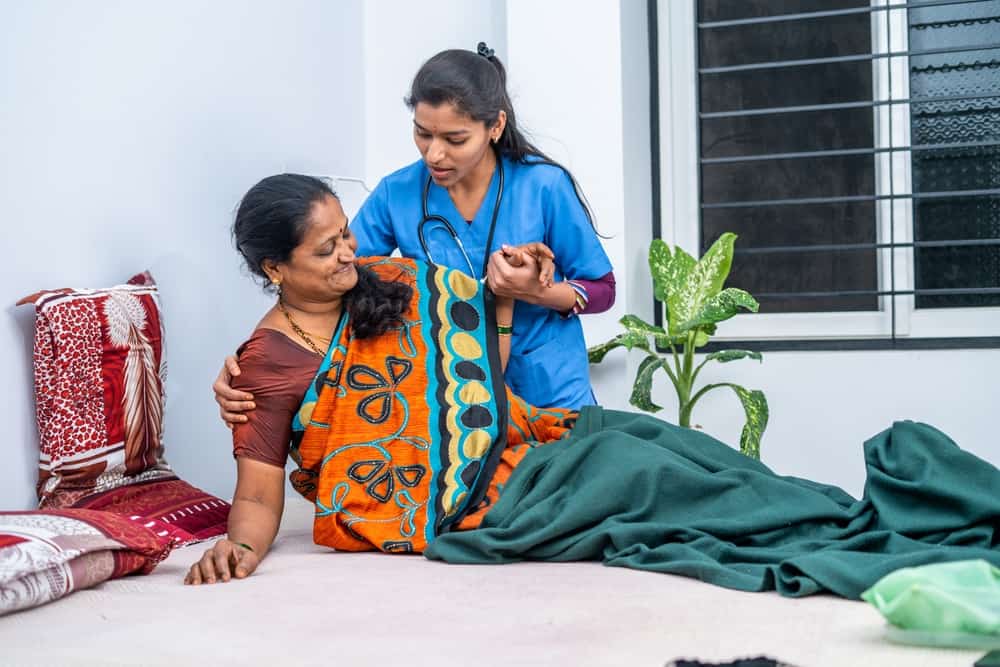Enhancing Healthcare: The Importance of Wound Care Services in Bangladesh
In Bangladesh, access to quality healthcare services, particularly in specialized areas like wound care, is crucial for improving public health outcomes. Wound care services play a significant role in addressing injuries, chronic wounds, and surgical incisions, ensuring proper healing and preventing complications. As the healthcare landscape evolves, prioritizing and expanding wound care services in Bangladesh is essential for meeting the diverse needs of patients across the country.
One of the primary reasons for emphasizing wound care services is the prevalence of chronic wounds. These wounds, often associated with conditions like diabetes, vascular diseases, or injuries, require specialized treatment to heal properly. In Bangladesh, where diabetes and other chronic conditions are prevalent, the demand for effective wound care services is particularly high. By providing comprehensive wound care, healthcare providers can prevent infections, reduce amputations, and improve the overall quality of life for patients.
Furthermore, wound care services are essential for post-operative care. Proper management of surgical wounds is critical in preventing complications such as infections, dehiscence, and delayed healing. With the advancement of medical technology and techniques, specialized wound care services can ensure that surgical wounds heal efficiently, allowing patients to recover faster and reducing the burden on healthcare facilities.
Moreover, investing in wound care services contributes to overall healthcare cost-effectiveness. By preventing complications and promoting faster healing, these services reduce the need for prolonged hospital stays, additional treatments, and the risk of readmissions. This not only benefits patients by minimizing healthcare expenses but also alleviates the strain on healthcare resources, allowing for more efficient utilization of medical facilities and personnel.
Expanding wound care services in Bangladesh requires a multi-faceted approach. This includes investing in training healthcare professionals in wound management techniques, ensuring the availability of essential wound care supplies and equipment, and raising awareness among both healthcare providers and the general public about the importance of proper wound care.
In conclusion, wound care services are integral to the healthcare system in Bangladesh. By prioritizing these services, healthcare providers can effectively address the needs of patients with chronic wounds, surgical incisions, and injuries, ultimately improving health outcomes and reducing healthcare costs. Investing in wound care is not just a medical necessity but also a strategic step towards enhancing the overall quality and accessibility of healthcare in Bangladesh.





